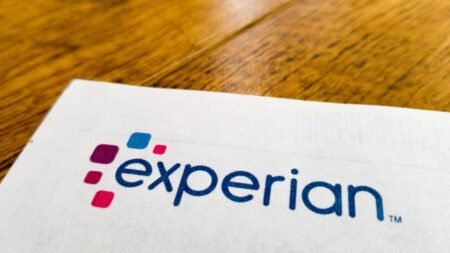The Irish government has announced plans to spend 13 billion euros ($14.4 billion) in Apple back taxes that it had previously fought to avoid. In a budget speech, Finance Minister Jack Chambers highlighted the transformative potential of this windfall, emphasizing the importance of investing in infrastructure for long-term economic growth. He stressed that the funds should not be used for day-to-day expenses, but rather for addressing challenges in housing, energy, water, and transport infrastructure.
The windfall of back taxes comes following a ruling from the European Court of Justice (ECJ) that Apple must pay Ireland billions of euros in unpaid taxes. This decision was celebrated by tax justice advocates, with the EU’s competition chief calling it a “huge win” for European citizens. Apple expressed disappointment with the ruling, while the Irish government maintained that it does not provide preferential tax treatment to any companies. The finance ministry expects tax revenues to increase significantly this year due to corporate tax receipts and the ECJ’s decision.
Ireland, as Apple’s base in the EU, has one of the lowest corporate tax rates in the region. The country had long argued against Apple having to repay unpaid taxes, fearing it would deter companies from investing in Ireland for tax-related reasons. However, the ECJ’s ruling upheld the European Commission’s 2016 decision that Ireland had provided “unlawful aid” to the tech giant that must be recovered. With a budget surplus and an upcoming general election, Ireland faces the challenge of responsibly managing the windfall of back taxes.
Dublin Chamber, a business lobby group in Ireland, welcomed the government’s commitment to investing the funds from the ECJ’s decision in essential infrastructure projects. CEO Mary Rose Burke emphasized the importance of ringfencing funds for capital projects, ensuring that the money is allocated effectively. She noted that tangible investments in water, wastewater, and electricity grid infrastructure are crucial for the country’s development. The government’s decision to prioritize infrastructure essentials aligns with their goal of maximizing the economic benefits of the windfall.
The windfall of back taxes provides Ireland with a unique opportunity to invest in long-term growth and address critical infrastructure challenges. The country’s finance ministry expects significant increases in tax revenue this year, driven by corporate tax receipts and the funds from Apple’s back taxes. The Irish government’s decision to prioritize infrastructure investments reflects a commitment to using the windfall strategically for the country’s future development. As Ireland prepares for an upcoming election, the responsible management of these funds will be crucial for maintaining economic stability and ensuring sustainable growth.












